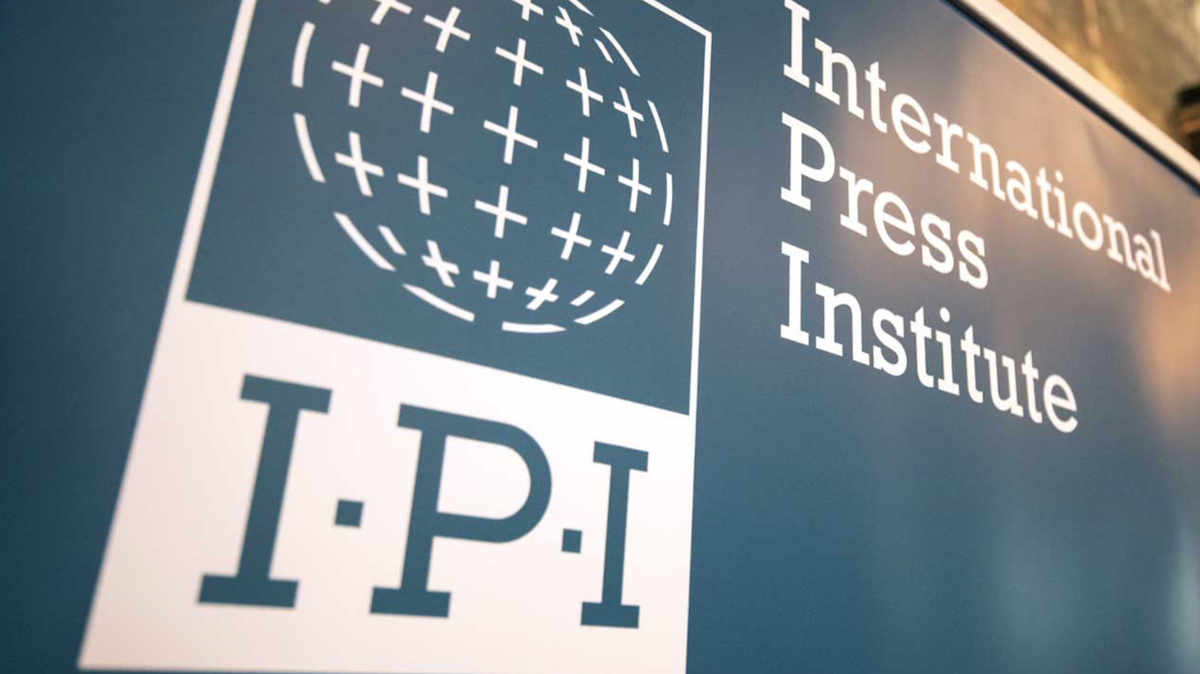Share














Most read

Top stories in Azerbaijan, Armenia, and Georgia from 23-27 June, 2025
'Russian trace' suspected in Armenian clergy: Another priest faces criminal charges
UK warns: businesses in Georgia and Armenia aiding Russia’s sanctions evasion will be sanctioned
Violence against Azerbaijanis in Russia’s Yekaterinburg sparks Baku–Moscow tensions: opinions
"EU to support Armenia in this critical moment": Kaja Kallas visits Yerevan

In Armenia, mediation becomes mandatory before taking family disputes to court
GYLA: “New law amendments remove key free speech protections in Georgia”
Baku opened a criminal case against Moscow over killings of Azerbaijanis; separately, evidence shows Russia shot down Azerbaijani plane
Latest news in Georgia, Armenia, Azerbaijan, summary. Live
Archbishop’s diary and attempted coup in Armenia










